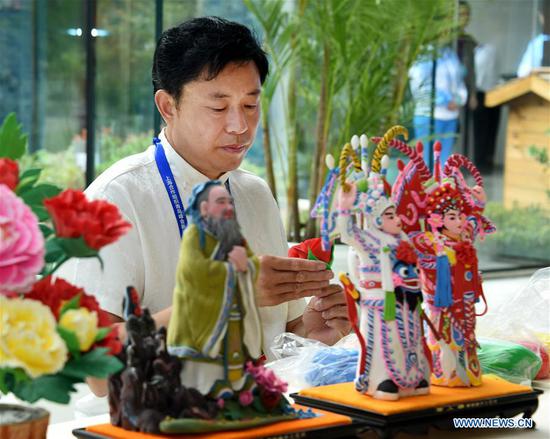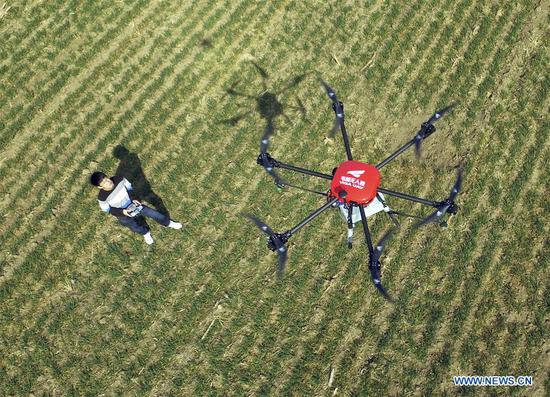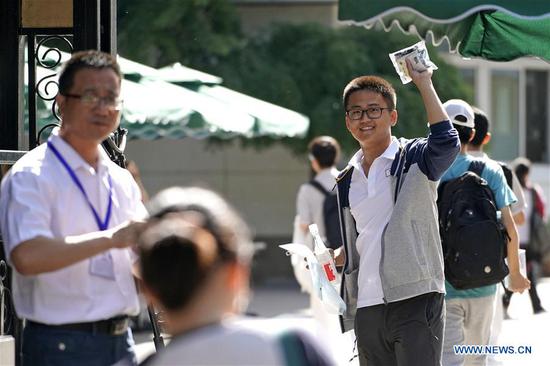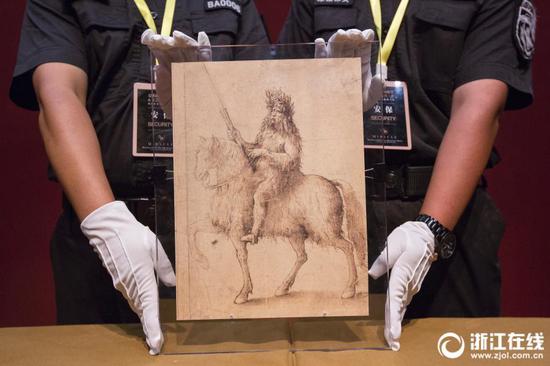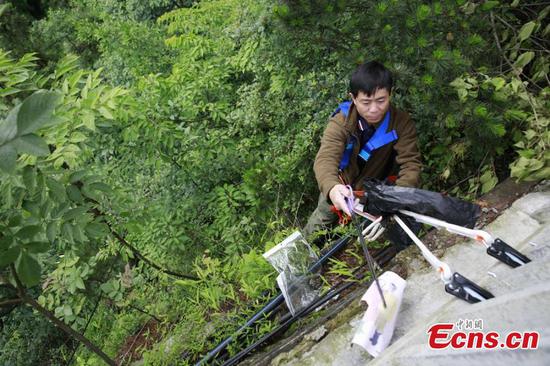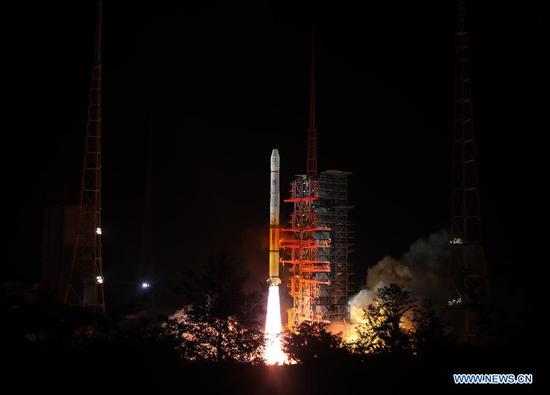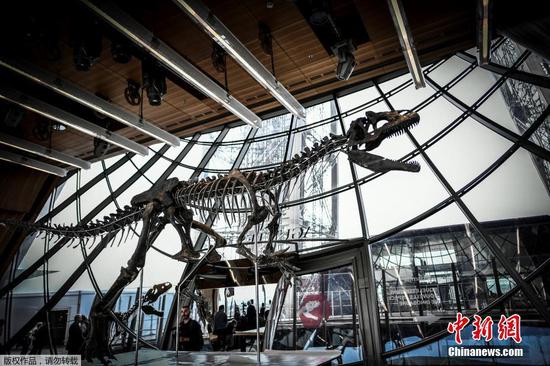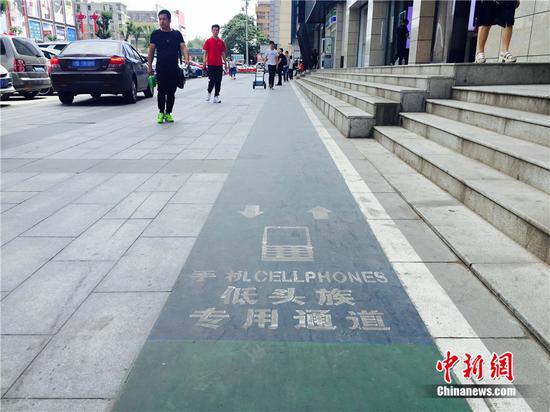Japan's National Police Agency (NPA) said Thursday that more than 57,000 elderly drivers were suspected of having dementia during the first year of tougher screening measures to renew their licenses.
Under a revised traffic law that took effect in March 2017, drivers aged 75 or older are required to see a doctor in the preliminary part of the screening if they are suspected of having dementia.
The NPA said around 1,900 elderly drivers had their licenses revoked or suspended after undergoing medical tests in the first year under the revised traffic law.
An additional 16,000 senior drivers surrendered their licenses of their own volition, while 4,517 elderly people chose to stop the renewal procedure before it was completed, thus nullifying their licenses.
With more than 1,500 seniors still in the middle of the renewal process, which has to take part every three years, the likelihood is that the number of suspensions and nullifications will increase.
As Japan's population rapidly ages, the concern is that the number of traffic accidents caused by elderly people may rise significantly, although the total number of deaths caused by traffic accidents in general is actually on a downward trend, at a record low of 3,694 people in 2017.
But accidents caused by the elderly and the fact that Japan's "silver tsunami" demographic crisis is set to worsen has made the topic of elderly drivers a national talking point, with such accidents rarely out of the headlines.
On May 2, a woman in her 70s crashed her car through a hospital window and into the lobby of the hospital in Oita Prefecture in southwestern Japan, leaving 13 people injured.
Several pedestrians were struck on a road, one fatally, on May 28 in a city southwest of Tokyo, by a driver in her 90s. The accident, which killed one person and injured six others, was the result of the elderly female driver pulling out from a company building and onto a main street, while ignoring traffic signals.
In doing so, she struck four people who were on a crossing walk and two other people who were on a side street.
Drivers aged 75 or older, including those who had not taken a cognition test, caused 418 fatal accidents in 2017 alone of which 41 percent were vehicle collisions and 19 percent involved collisions between vehicles and pedestrians.
According to the NPA's data, 194 people died in the accidents caused by drivers suspected of having dementia or impaired cognition. Cases where drivers mistook the accelerator for the brake pedal before causing a fatal accident where almost eight times higher among the elderly.
National Public Safety Commission Chairperson Hachiro Okonogi said the data on senior drivers reveals that age-related diminished cognitive function could lead to fatal accidents.
Okonogi said people should intervene when they think their parents or grandparents are displaying signs of diminished capacity when driving, and ask them to give up their licenses voluntarily.













